The Realities Of Keeping Backyard Free-Range Chickens
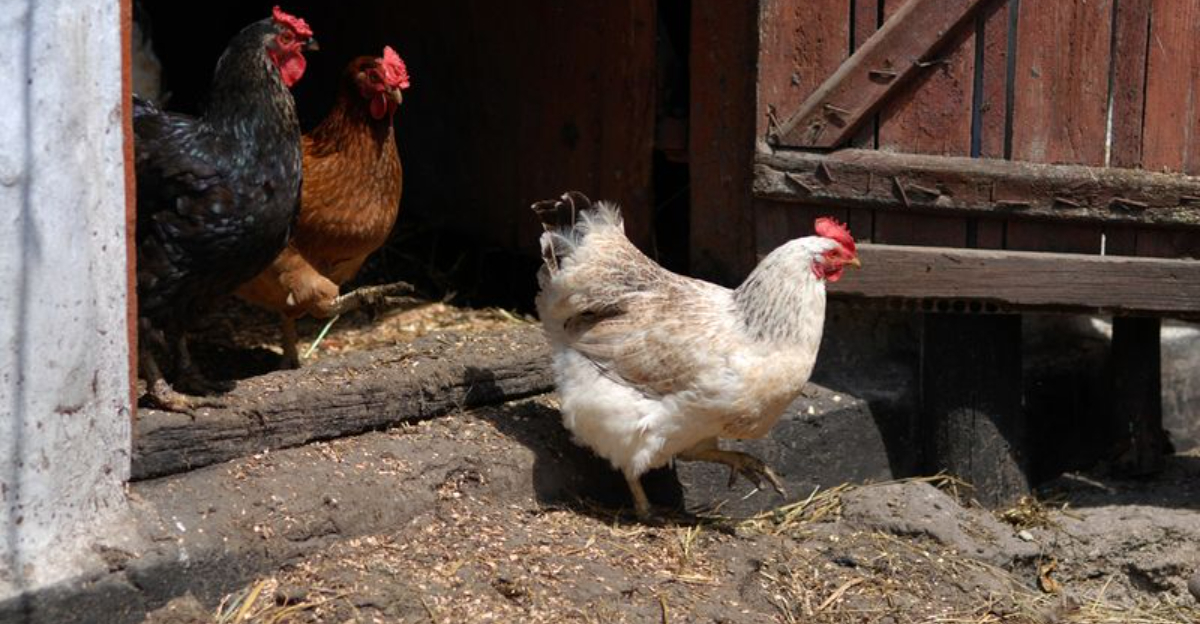
Ever dreamed of fresh eggs from your own backyard flock? Keeping free-range chickens sounds idyllic, but the reality includes both joys and challenges.
Before you start building that coop, there are some honest truths about chicken-keeping that might surprise you. Here’s what experienced backyard chicken keepers wish they’d known from day one.
1. Predators Are Always Watching
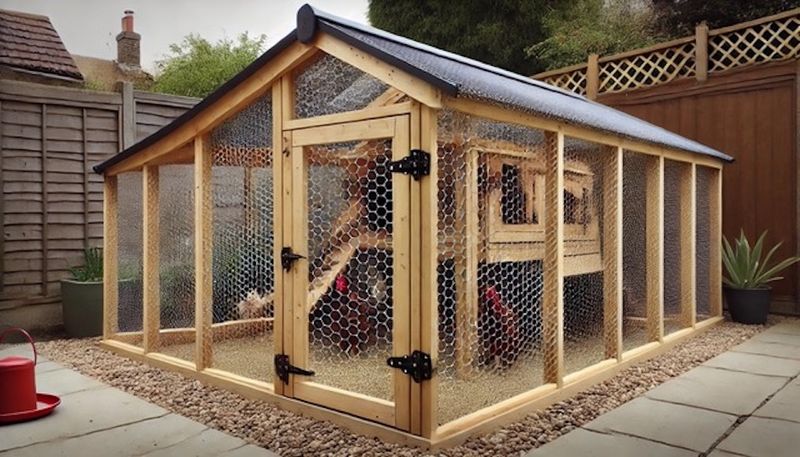
Your chickens are basically walking buffets for local wildlife. Hawks swoop from above while raccoons, foxes, and neighborhood dogs plot from below.
Even in suburban areas, predators will find your flock. Investing in secure fencing, covered runs, and proper coop design isn’t optional – it’s essential for keeping your feathered friends alive.
2. Eggs Won’t Always Be Perfect

Forget those identical carton eggs from the store. Your backyard bounty will include odd shapes, different sizes, and occasional quirks like double yolks or no shells.
New layers often produce tiny eggs, while stressed hens might lay wrinkled ones. This egg diversity is completely normal and actually one of the charming aspects of raising your own chickens.
3. Gardens And Chickens Don’t Always Mix
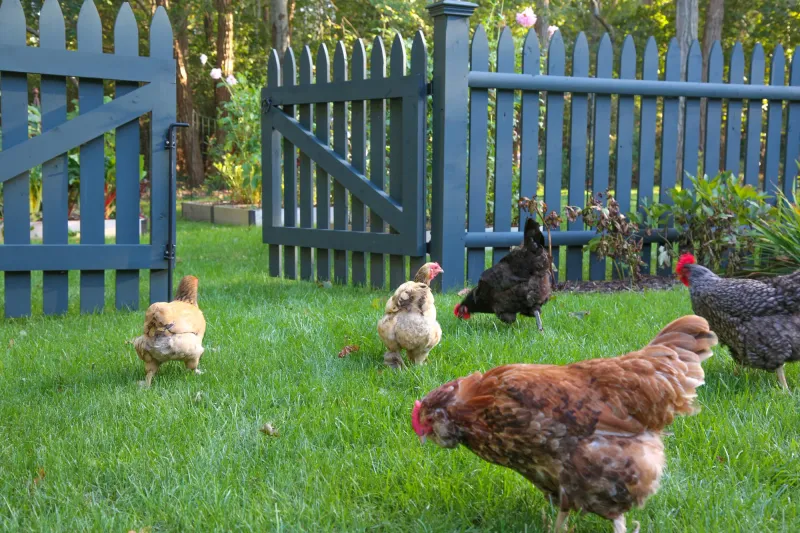
Free-ranging chickens will destroy your garden faster than you can say “shoo!” Those cute scratching behaviors turn mulch into confetti and seedlings into history. Chickens adore tender greens and won’t distinguish between weeds and your prized heirloom tomatoes.
Consider fencing garden areas or creating designated chicken-friendly zones with hardy plants they can’t easily damage.
4. Poop Management Is A Daily Reality
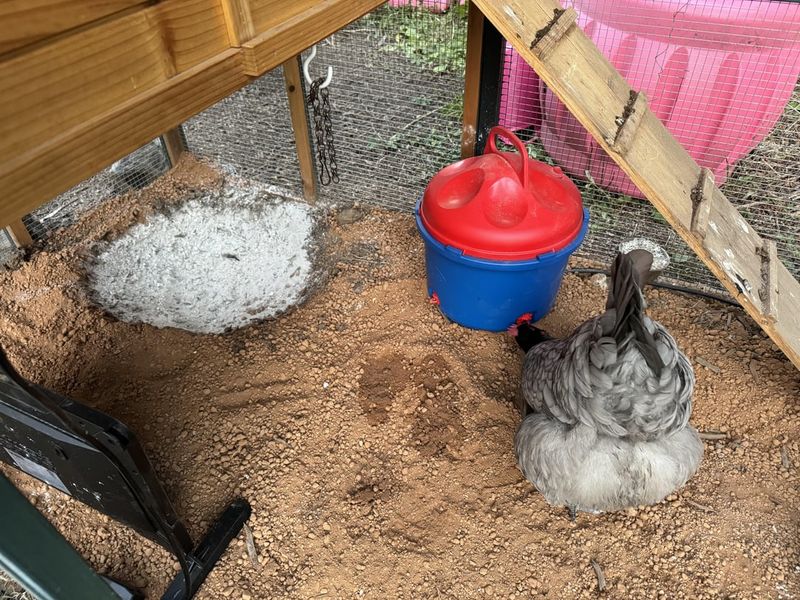
Chickens are poop factories, producing droppings everywhere they roam. Your patio, walkways, and any surface beneath a favorite perching spot will need regular cleaning.
The upside? All that manure makes incredible compost once properly aged.
Just remember that fresh chicken manure is too “hot” (nitrogen-rich) to apply directly to plants without burning them.
5. Noise Complaints Are Possible
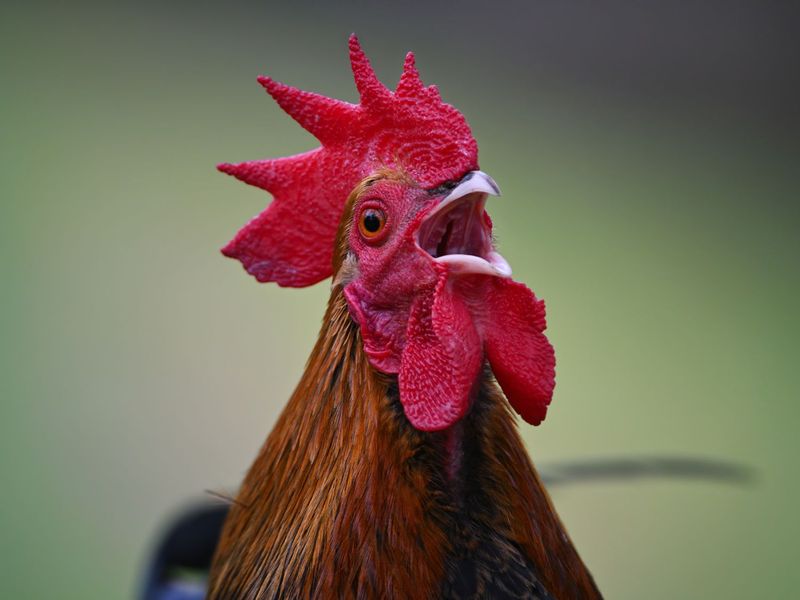
Contrary to popular belief, roosters aren’t the only noisy ones. Hens announce successful egg-laying with proud, loud “egg songs” that neighbors might not appreciate. The excited cackling when treats appear or alarmed squawks when startled can carry surprisingly far.
Before starting your flock, check local ordinances and consider having friendly conversations with neighbors about your chicken plans.
6. Vacations Become Complicated
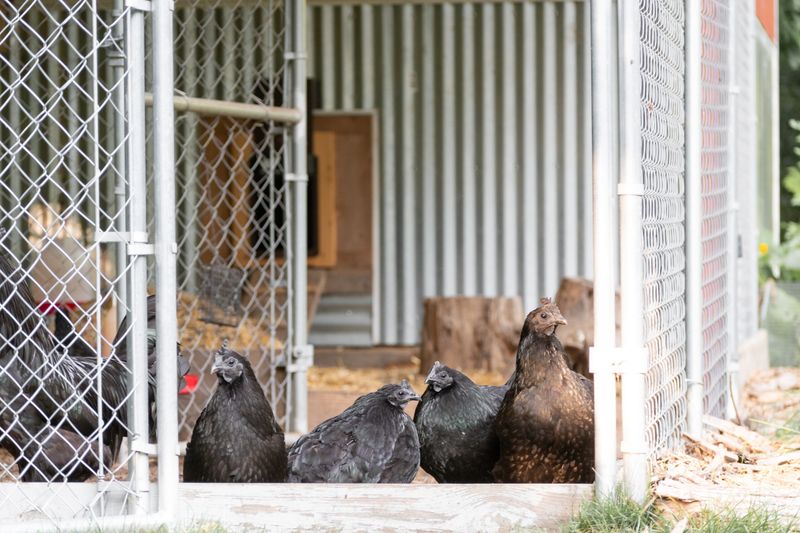
Spontaneous weekend getaways? Not so fast! Chickens need daily care – feeding, watering, egg collection, and predator-safe lockup each evening. Finding chicken-savvy pet sitters can be challenging.
Some chicken keepers trade care duties with fellow enthusiasts, while others invest in automatic coop doors and extended-capacity feeders to make brief absences more manageable.
7. The Egg Avalanche Is Real
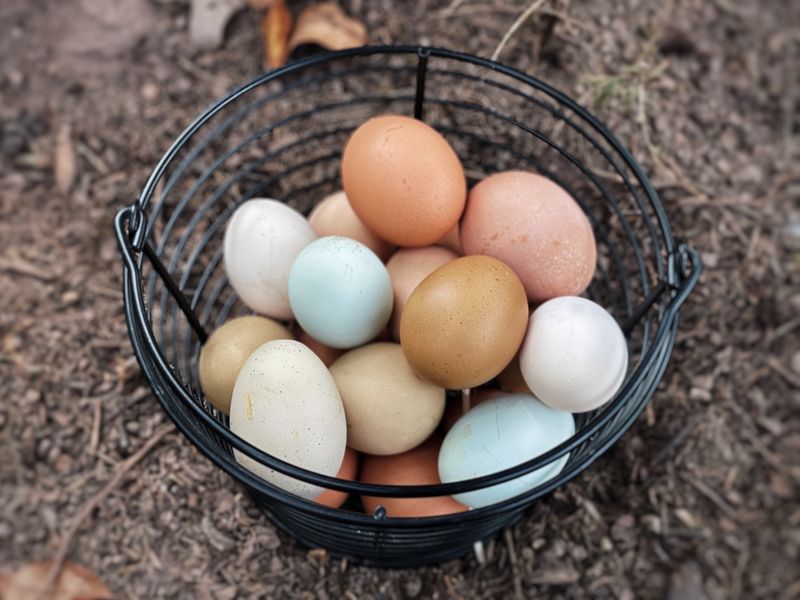
When your hens hit peak laying, prepare for egg overload! Six productive hens can easily produce 30+ eggs weekly during spring and summer. You’ll become the neighborhood egg fairy, gifting cartons to friends and family.
Learning preservation methods like freezing, pickling, or water-glassing becomes necessary unless you want to eat quiche daily for months.
8. Health Issues Require Quick Action
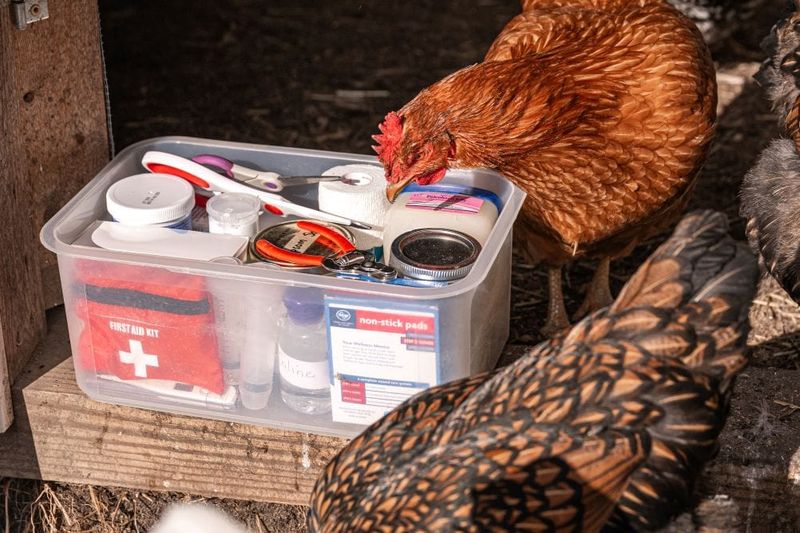
Chickens hide illness until they’re seriously sick – an evolutionary strategy to avoid predator attention. By the time symptoms appear, conditions are often advanced. Finding an avian vet isn’t easy in many areas, and treatments can be costly.
Successful chicken keepers become amateur poultry medics, learning to recognize subtle behavior changes and keeping basic supplies on hand for common ailments.
9. Seasonal Egg Production Fluctuates
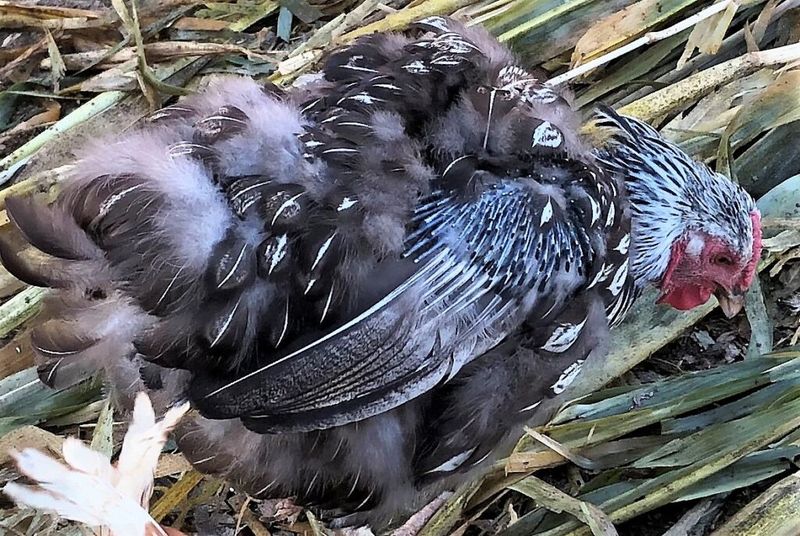
The egg bonanza won’t last year-round. Most hens naturally slow or stop laying during winter when daylight hours decrease. The annual molt – when chickens replace feathers – also pauses egg production for weeks.
While artificial lighting can extend laying seasons, many backyard keepers accept these natural rhythms rather than stressing their birds for continuous production.
10. Free-Range Doesn’t Mean No Work
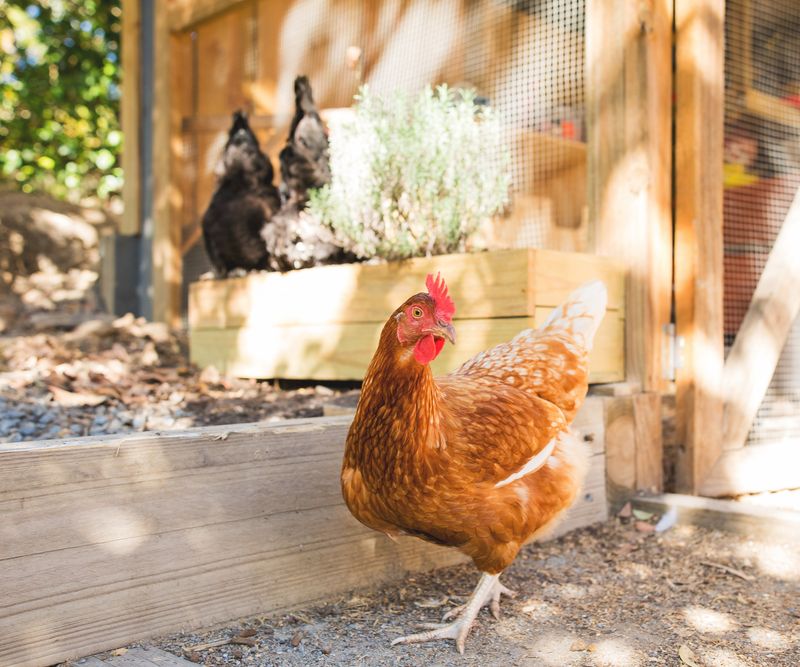
The idyllic image of chickens happily foraging while you relax isn’t quite accurate. Free-ranging requires supervision in most settings to prevent neighborhood wandering or predator attacks.
You’ll still need proper housing, regular health checks, and supplemental feeding. Many chicken keepers use supervised free-ranging or movable “chicken tractors” rather than unlimited roaming for safety and garden preservation.
11. Chicken Math Is A Real Phenomenon
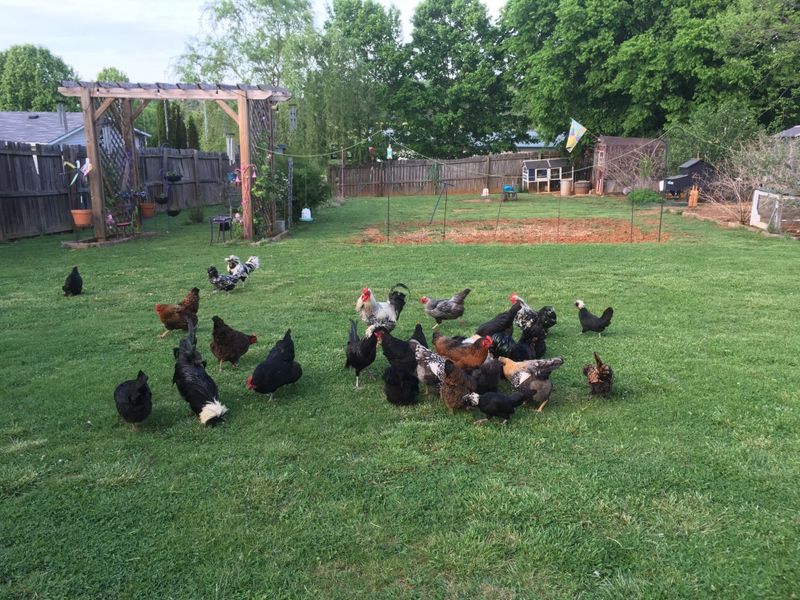
“Just a few chickens” somehow multiplies into a larger flock than planned. The addiction starts innocently – maybe adding that pretty Brahma or rescuing a neighbor’s birds. Before you know it, you’re expanding the coop for the third time.
The variety of beautiful breeds with different egg colors, personalities, and features makes chicken math an almost universal backyard keeper experience.
12. Retirement Planning Is Necessary
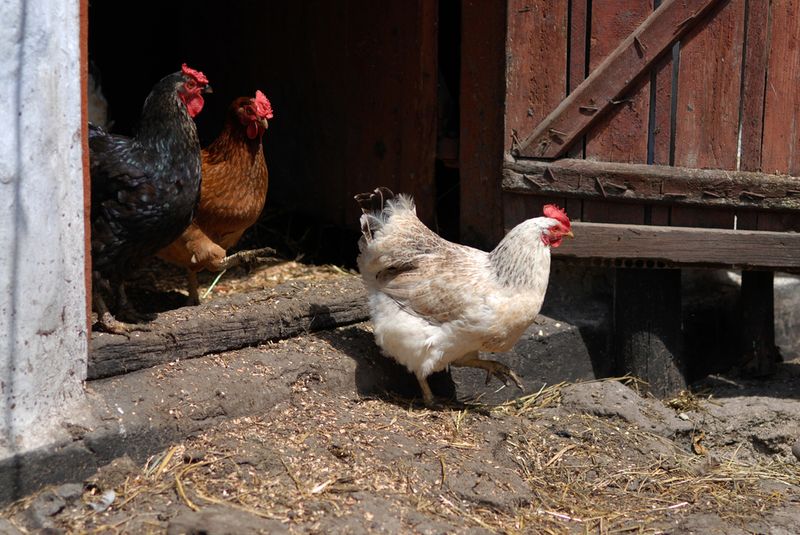
Hens can live 8-10 years but typically only lay well for 2-3 years. Eventually, you’ll face decisions about non-productive birds. Some keepers maintain “retirement flocks” of beloved hens, while others rehome older birds to pet homes.
Having a plan before your first hens age out of laying prevents difficult last-minute choices about their futures.
13. Chicken Behavior Is Surprisingly Complex
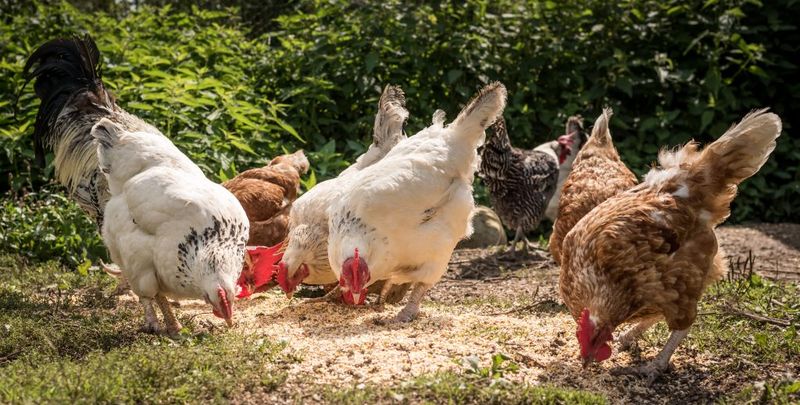
Forget the “bird brain” stereotype – chickens recognize over 100 chicken faces, form intricate social hierarchies, and show distinct personalities. Some will become genuine pets, following you around the yard.
They communicate through at least 30 different vocalizations with specific meanings. Watching chicken society unfold becomes an unexpected joy for many backyard keepers who started just wanting fresh eggs.
14. The Economics Rarely Make Sense
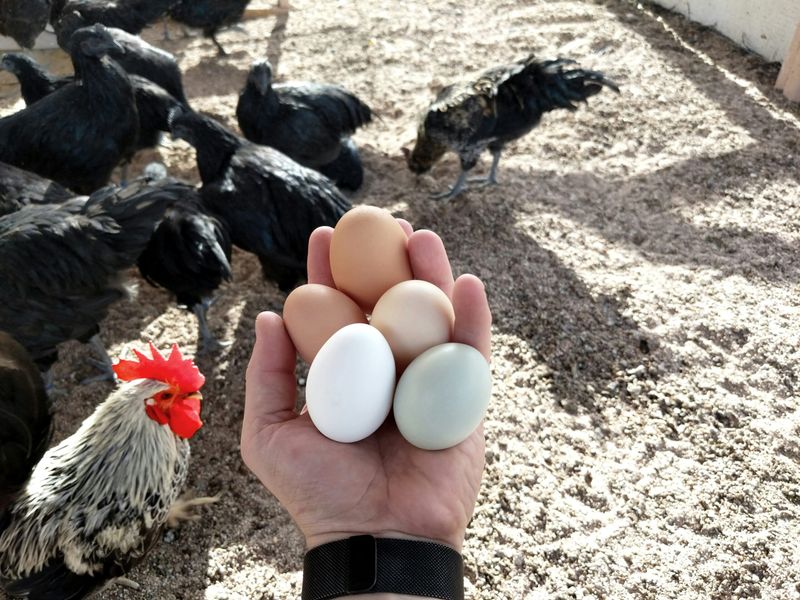
If you’re starting a flock to save money on eggs, prepare for disappointment. Between coop construction, quality feed, bedding, healthcare, and unexpected expenses, your eggs will cost more than store-bought.
The real value comes in egg quality, knowing how your food is produced, and the joy of chicken-keeping. Consider it a hobby that produces eggs rather than a money-saving venture.






